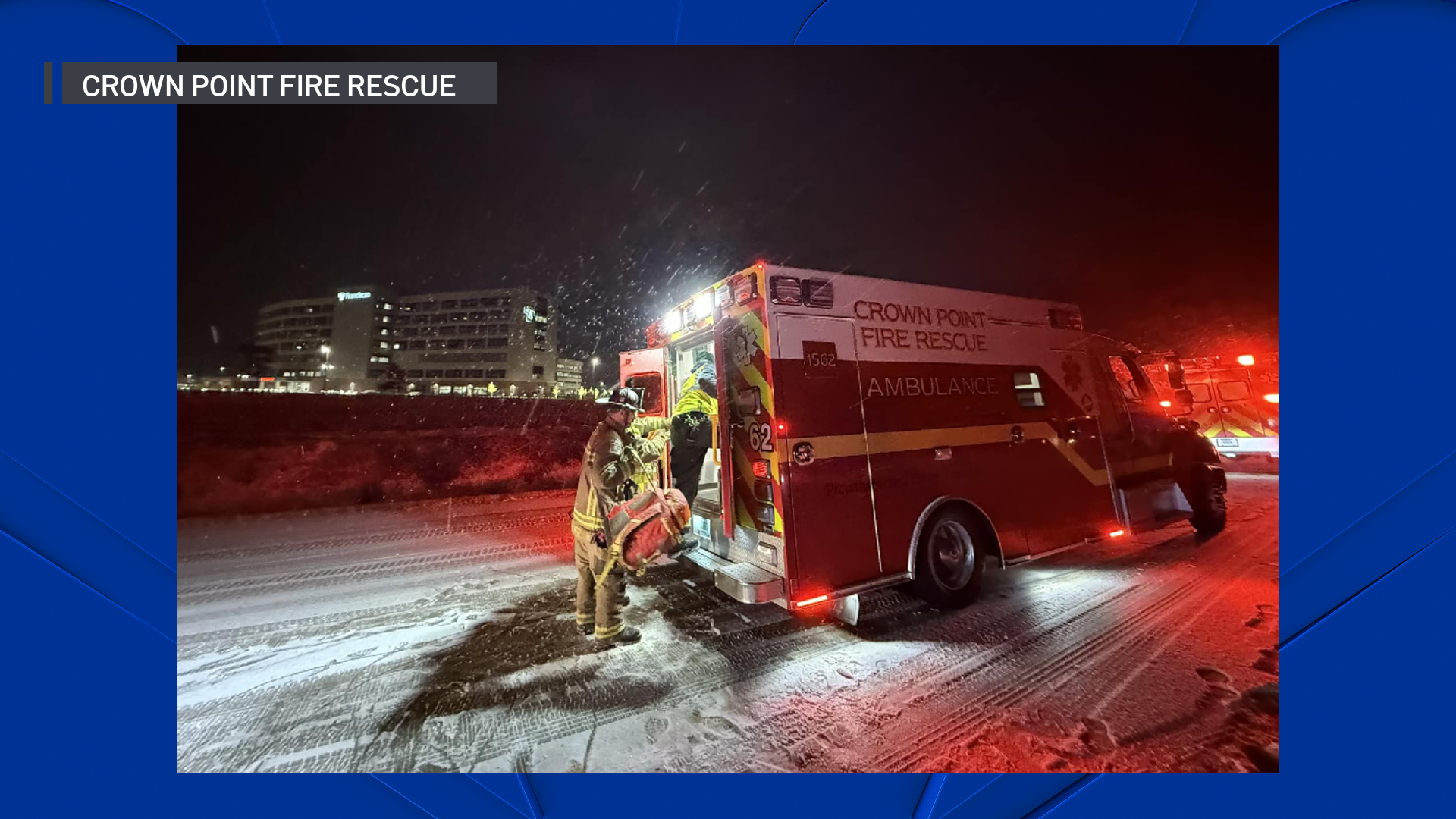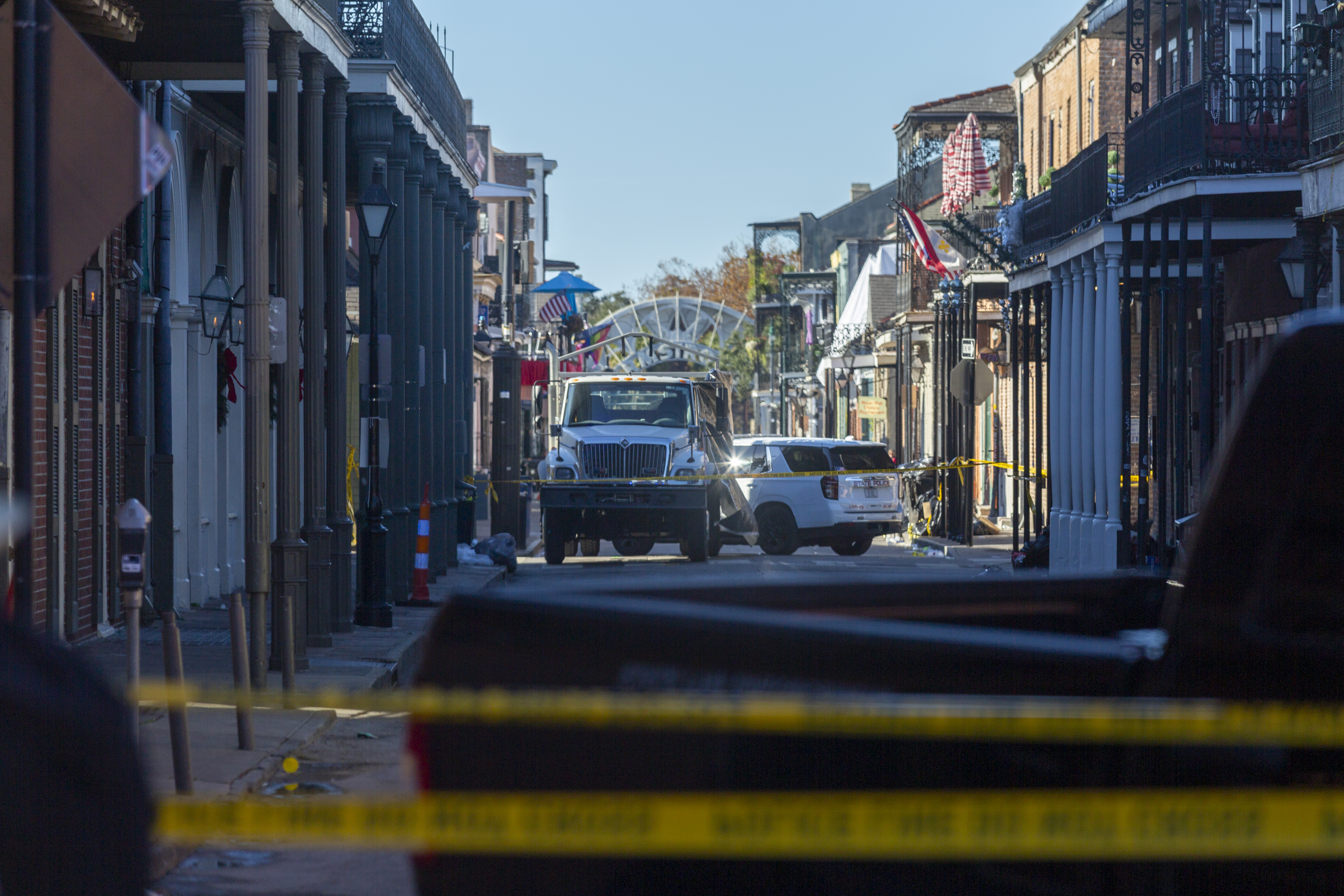Chicago's Office of Emergency Management and Communications is investigating an incident involving a stroke victim's call to 911.
If you need an address you can more than likely find it on your smartphone in the time it takes for you to read this paragraph. But NBC 5 Investigates has learned that emergency dispatchers in Chicago do not have ready access to smart phones or other basic map resources if someone calling from a cell phone is unable to provide a numerical address.
The Office of Emergency Management and Communications said it is currently investigating an October 2nd incident involving a stroke victim’s calls to 911 in which two dispatchers told him they could not send an ambulance without an address, even though the man repeatedly provided the name of his hotel.
Duane Raible of Pennsylvania called 911 from his cell phone and told the dispatchers that his face was numb, he was dizzy and that he was at the Thompson Chicago Hotel. But the dispatchers insisted that he provide an address.
“I’m trying to figure out, what is the address,” Raible said. “I’m thinking I’m going to die in the hotel room.”
Raible said he could not reach the hotel room phone. But he eventually used Siri on his smart phone to locate the address and relay it to a 911 dispatcher. It took nearly ten minutes from the time Raible first called 911 to the time an ambulance was sent.
Paramedics eventually arrived and took Raible to Northwestern Memorial Hospital, where he was diagnosed with a major stroke in his brain stem.
Local
NBC 5 Investigates asked OEMC if dispatchers can use a cellphone to look up an address.
OEMC’s answer: “No.”
NBC 5 Investigates also asked OEMC if it has access to Internet-based map systems, a city directory, a hotel directory, or the Yellow pages.
“We are looking at additional ways to provide additional sources in which to obtain locations from callers," the agency said.
OEMC said it does have Internet-accessible computers in their offices - just not on dispatchers' desks.
A spokesperson said OEMC is committed to providing the best possible service to 911 callers and is working on ways in which to do so, including updating procedures, protocols and technology.
Raible is now recovering at home. He said he hopes to return to work in the new year.
“I don’t want anyone else to go through the same situation,” Raible said. “I believe that training and process education of 911 would definitely help alleviate in the future, hopefully, another situation of someone trapped in a hotel, calling 911 for help.”



